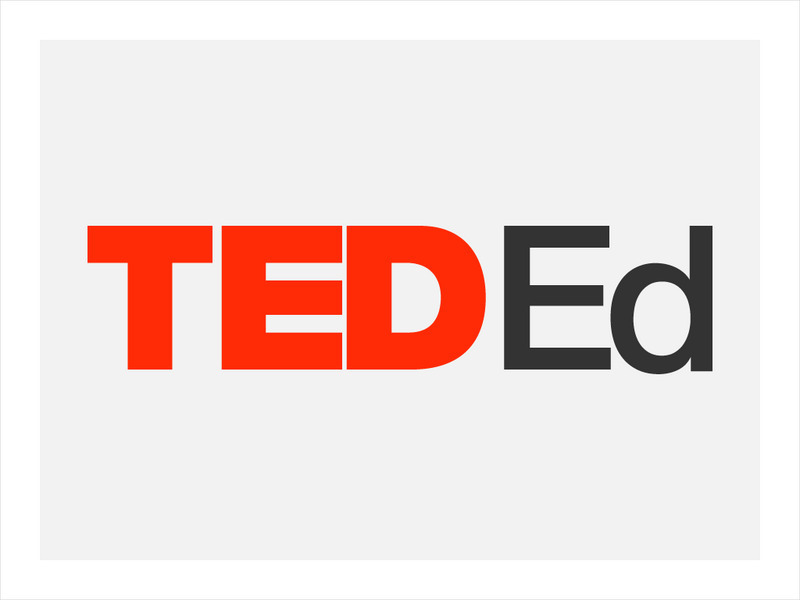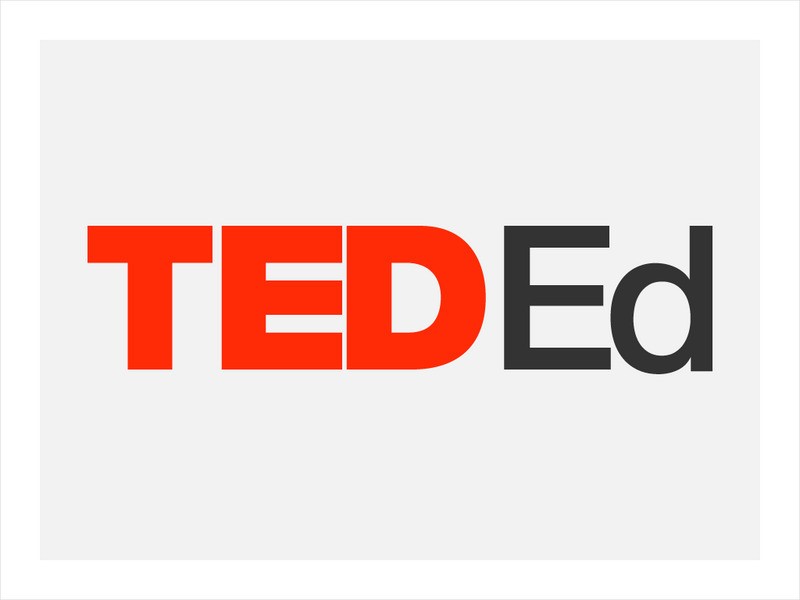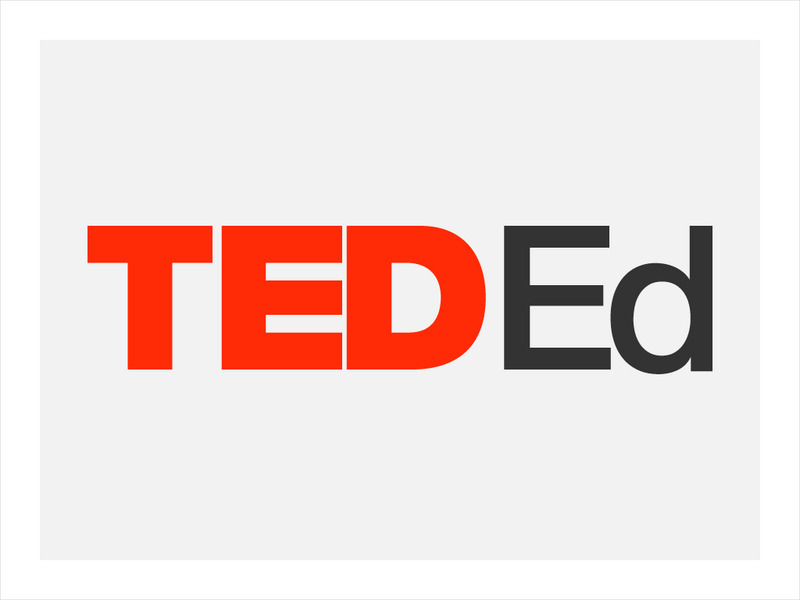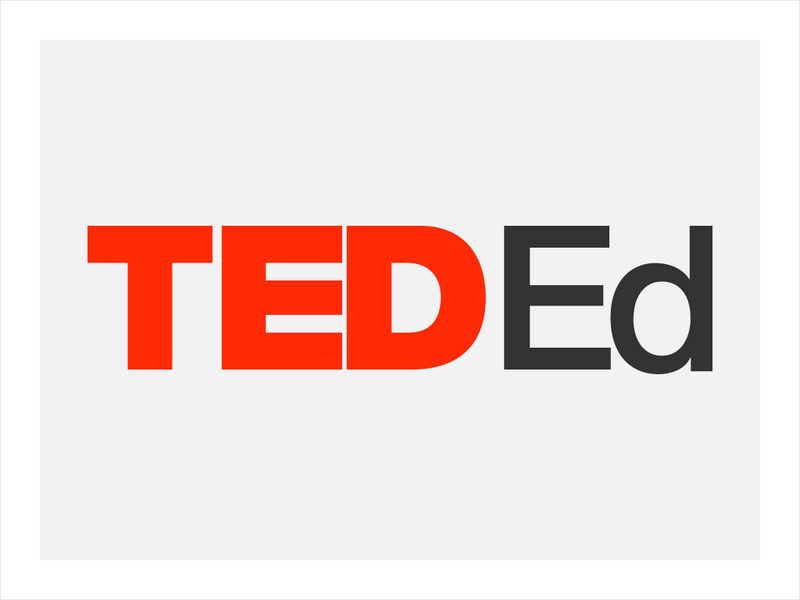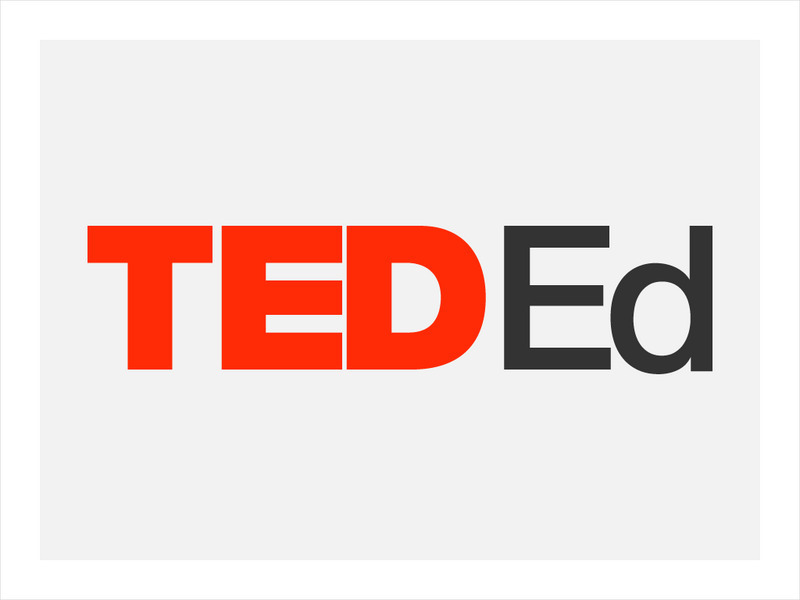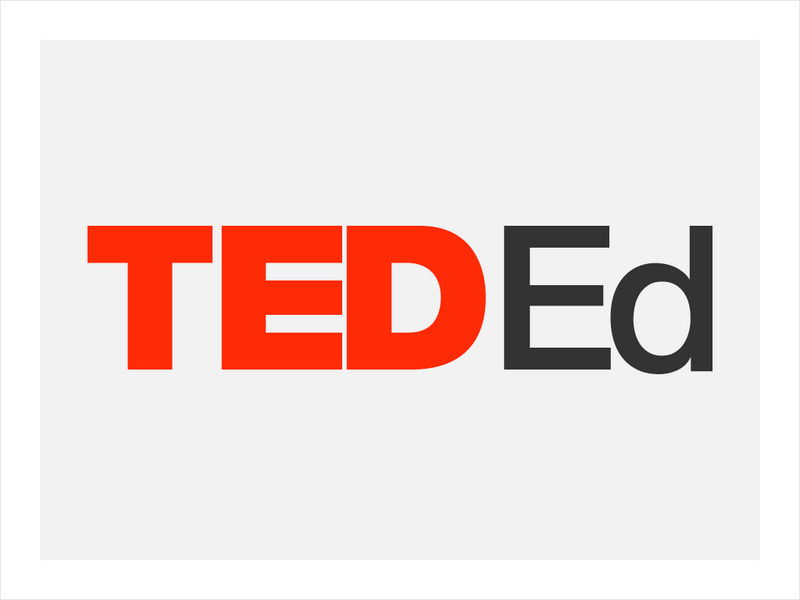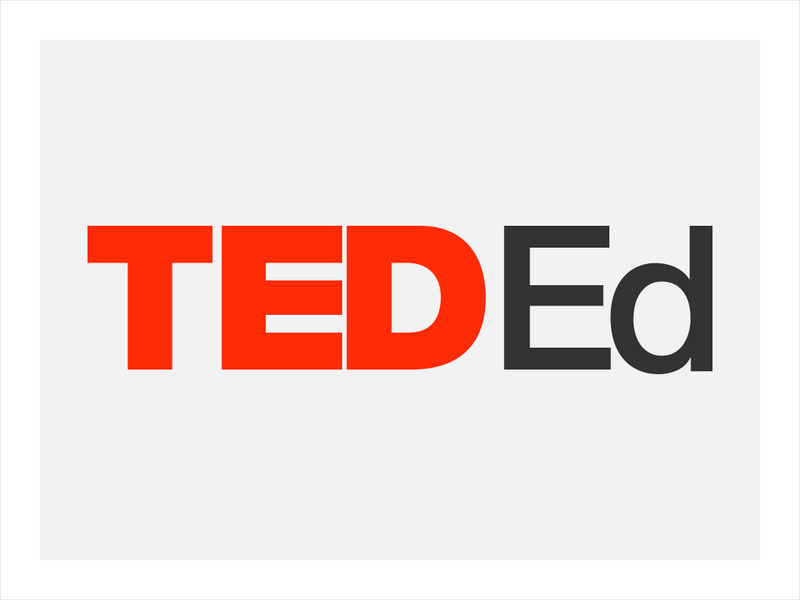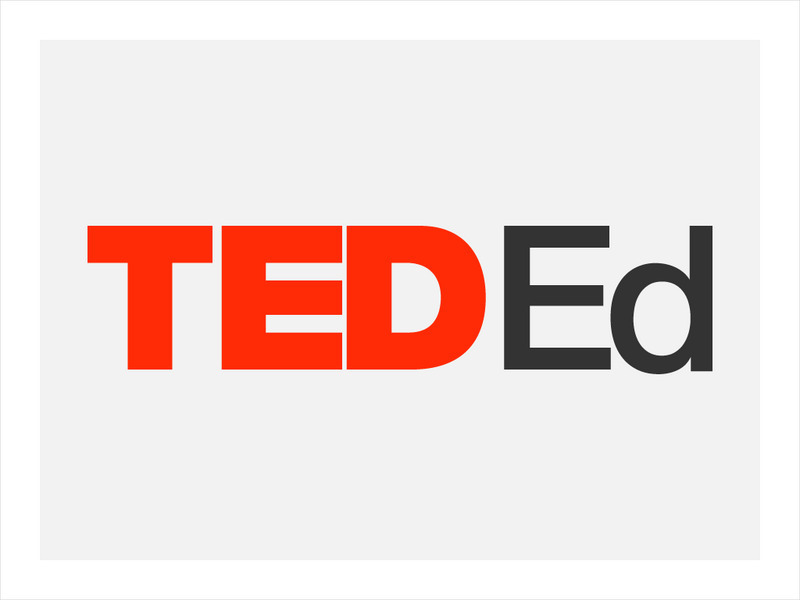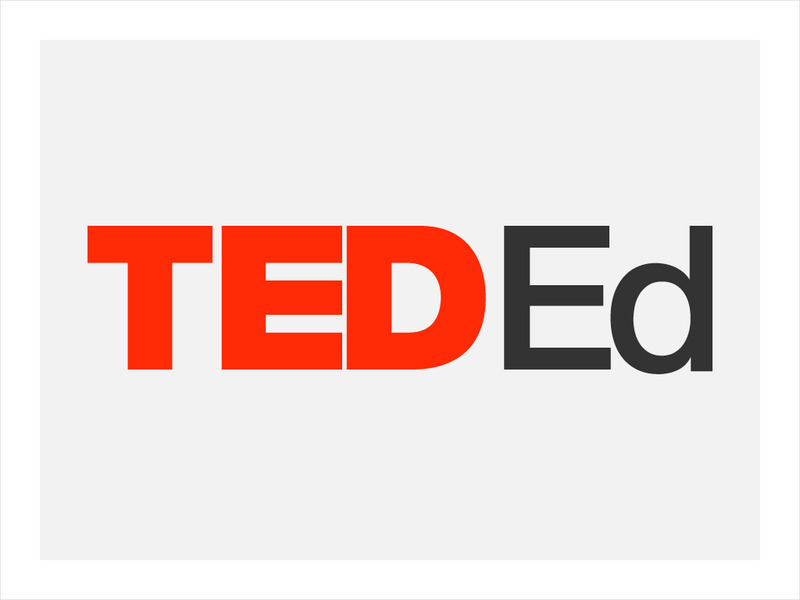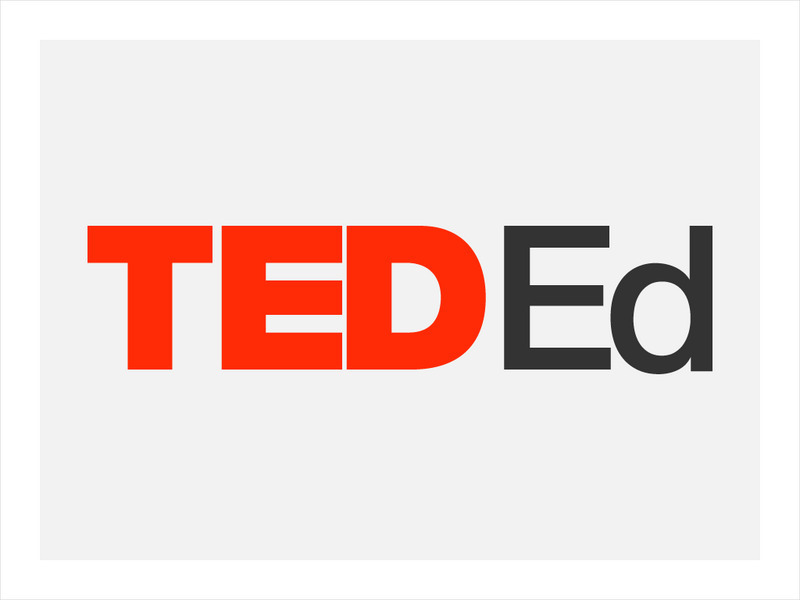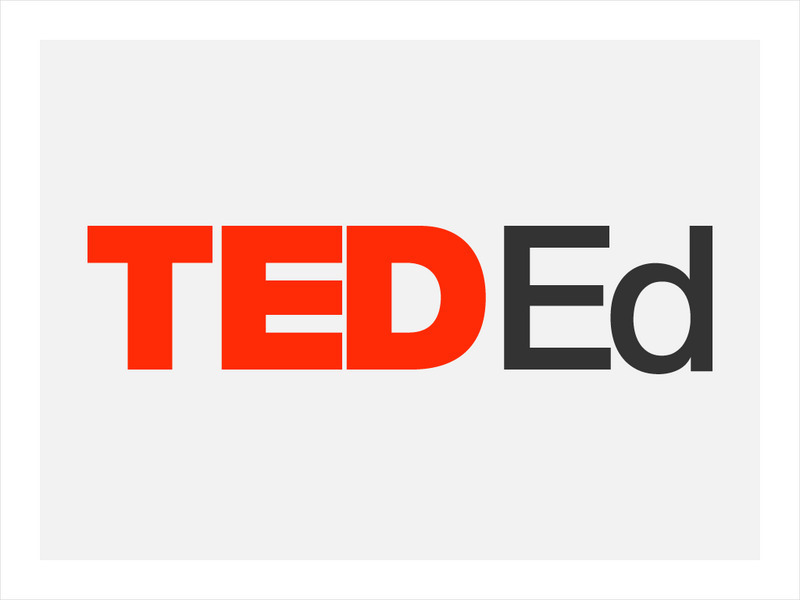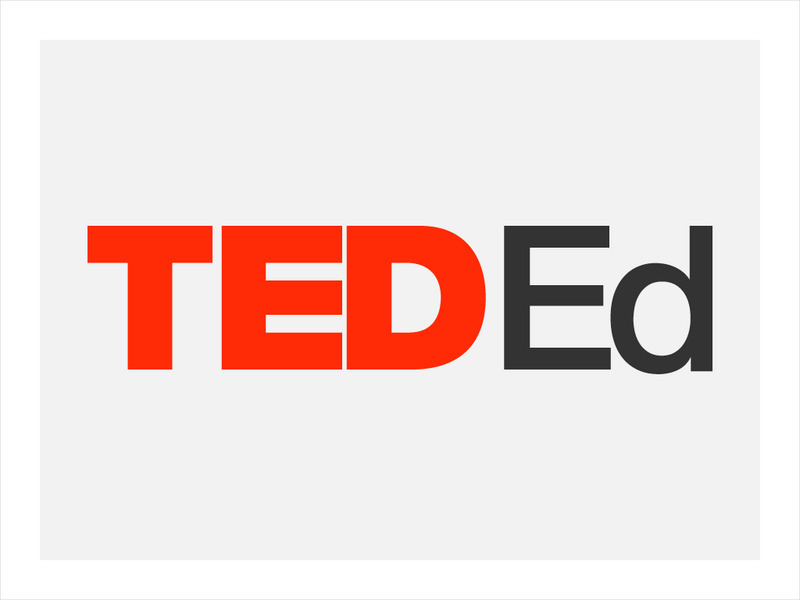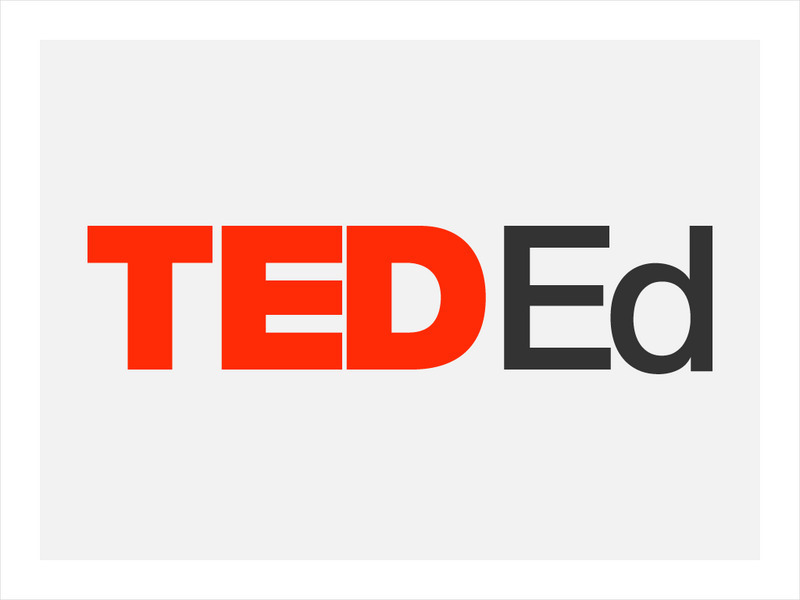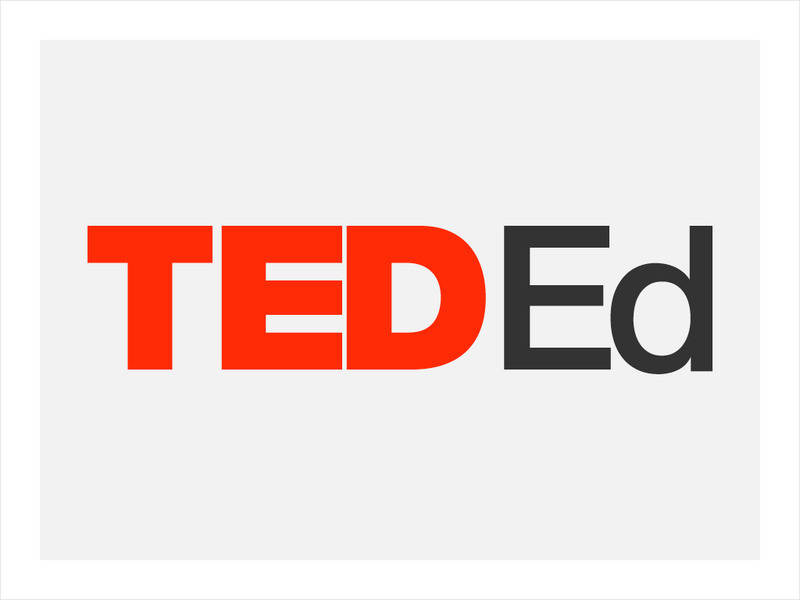TED Talks
Ted: Ted Ed: What Makes Muscles Grow?
We have over 600 muscles in our bodies that help bind us together, hold us up, and help us move. Muscles also need constant attention, because the way you treat them on a daily basis determines whether they will wither or grow. This...
TED Talks
Ted: Ted Ed: How Stress Affects Your Body
Our hard-wired stress response is designed to give us the quick burst of heightened alertness and energy needed to perform our best. But stress isn't all good. When activated too long or too often, stress can damage virtually every part...
TED Talks
Ted: Ted Ed: What Happens When Your Dna Is Damaged?
The DNA in just one of your cells gets damaged tens of thousands of times per day. Because DNA provides the blueprint for the proteins your cells need to function, this damage can cause serious issues-including cancer. Fortunately, your...
TED Talks
Ted: Ted Ed: Why Do Some People Go Bald?
What do Charles Darwin, Michael Jordan, and Yoda have in common? They, like many other historical and fictive individuals, are bald. Scientists have long pondered, why do some people lose their hair, and how can we bring it back? This...
TED Talks
Ted: Ted Ed: The Benefits of Good Posture
Has your mom ever told you, "Stand up straight!" or scolded you for slouching at a family dinner? Comments like that might be annoying-but they're not wrong. Your posture is the foundation for every movement your body makes and can...
TED Talks
Ted: Ted Ed: How Blood Pressure Works?
If you lined up all the blood vessels in your body, they'd be 60 thousand miles long. And every day, they carry the equivalent of over two thousand gallons of blood to the body's tissues. What effect does this pressure have on the walls...
TED Talks
Ted: Ted Ed: Debunking the Myths of Ocd
There's a common misconception that if you like to meticulously organize your things, keep your hands clean, or plan out your weekend to the last detail, you might be OCD. In fact, OCD is a serious psychiatric condition that is...
TED Talks
Ted: Ted Ed: How in Vitro Fertilization Works
Infertility affects 1 in 8 couples worldwide. But in the last 40 years, more than 5 million babies have been born using in vitro fertilization (IVF). This video and guide detail the science behind making a baby in a lab. [6:43]
TED Talks
Ted: Ted Ed: Why Do Your Knuckles Pop?
Some people love the feeling of cracking their knuckles, while others cringe at the sound. But what causes that trademark pop? And is it dangerous? The following video and guide gives the facts behind joint popping. [4:22]
TED Talks
Ted: Ted Ed: What Is Leukemia?
Stem cells found in the bone marrow are crucial for our health because they are needed to become new blood cells that sustain and protect our bodies. But when the transformation goes wrong, harmful mutations can cause the cells to start...
TED Talks
Ted: Ted Ed: Eye vs. Camera
Your eyes don't always capture the world exactly as a video camera would. But the eyes are remarkably efficient organs, the result of hundreds of millions of years of coevolution with our brains. The following video and guide outlines...
TED Talks
Ted: Ted Ed: The Effects of Underwater Pressure on the Body
Why would a fish throw up its stomach? What makes a scuba diver develop painful microbubbles in their joints? The following video and guide details the basics of barotrauma, shedding light on how humans and fish alike are influenced by...
TED Talks
Ted: Ted Ed: What Causes Bad Breath?
Halitosis is a curse that has plagued humanity since ancient times. But what causes it, and why is it so universally terrifying? The following video and guide outlines the basics of bad breath - and what you can do when it strikes you....
TED Talks
Ted: Ted Ed: Why Its So Hard to Cure Hiv/aids
In 2008, something incredible happened: a man was cured of HIV. In over 70 million HIV cases, this was a first, and, so far, a last, and we don't yet understand exactly how he was cured. But if we can cure people of various diseases,...
TED Talks
Ted: Ted Ed: Learning From Smallpox
For most of human history, we have sought to treat and cure diseases. But only in recent decades did it become possible to ensure that a particular disease never threatens humanity again. The following video and guide details how the...
TED Talks
Ted: Ted Ed: What Does the Pancreas Do?
Beneath your ribs, you'll find, among other things, the pancreas -- an organ that works a lot like a personal health coach. This interesting video describes how this organ controls your sugar levels and produces a special juice that...
TED Talks
Ted: Ted Ed: Why Are Some People Left Handed?
Today, about one-tenth of the world's population are southpaws. Why are such a small proportion of people left-handed -- and why does the trait exist in the first place? The following video investigates how the uneven ratio of lefties...
TED Talks
Ted: Ted Ed: Could a Blind Eye Regenerate?
We tend to think of blindness as something you're born with, but with certain genetic diseases, it can actually develop when you're a kid, or even when you're an adult. But could blind eyes possibly regenerate? This video explains how...
TED Talks
Ted: Ted Ed: The Evolution of the Human Eye
The human eye is an amazing mechanism, able to detect anywhere from a few photons to a few quadrillion, or switch focus from the screen in front of you to the distant horizon in a third of a second. How did these complex structures...
TED Talks
Ted: Ted Ed: At What Moment Are You Dead?
For as far back as we can trace our existence, humans have been fascinated with death and resurrection. But is resurrection really possible? And what is the actual difference between a living creature and a dead body anyway? The...
TED Talks
Ted: Ted Ed: What Are Those Floaty Things in Your Eye?
Sometimes, against a uniform, bright background such as a clear sky or a blank computer screen, you might see things floating across your field of vision. What are these moving objects, and how are you seeing them? This video explains...
TED Talks
Ted: Ted Ed: What Does the Liver Do?
There's a factory inside you that weighs about 1.4 kilograms and runs for 24 hours a day. It's your liver: the heaviest organ in your body, which simultaneously acts as a storehouse, a manufacturing hub, and a processing plant. This...
TED Talks
Ted: Ted Ed: How Do the Lungs Work?
When you breathe, you transport oxygen to the body's cells to keep them working, while also clearing your system of the carbon dioxide that this work generates. How do we accomplish this crucial and complex task without even thinking...
TED Talks
Ted: Ted Ed: How Do Scars Form?
It's hard to escape childhood without racking up a few scars. Why do these leftover reminders of a painful cut or crash look different from the rest of our skin? And why do they stick around for so long after the incident that caused...


